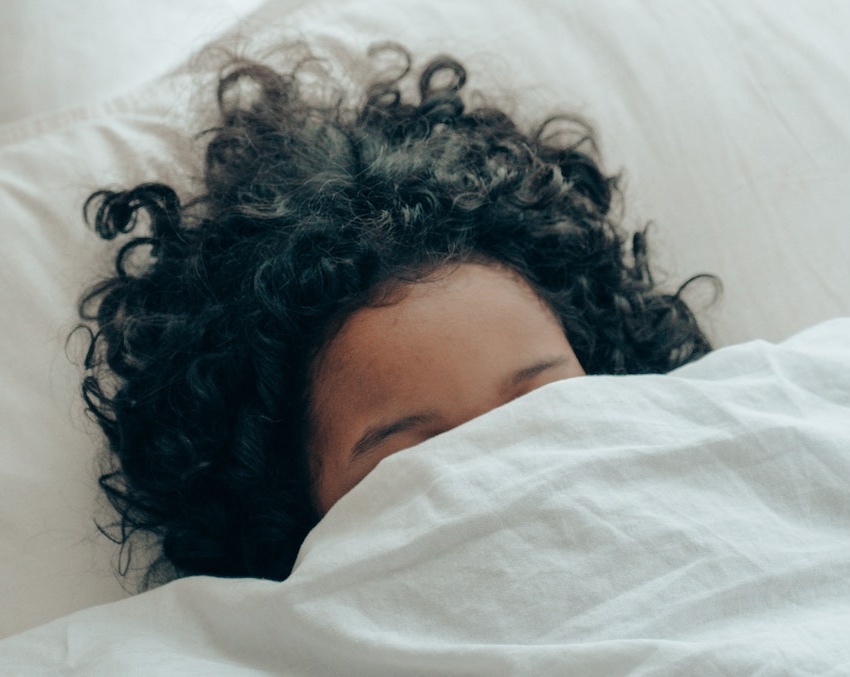How Sleep Patterns Change in the Winter

How Sleep Patterns Change in the Winter
 Dr. Anthony Warren
Dr. Anthony Warren
Humans, unlike bears, do not hibernate. Yet recent research shows that our sleep patterns change significantly in the dark winter months. (Earlier research has already shown that sleep apnea symptoms tend to be worse in the winter.)
The research was undertaken by a team led by Dr. Dieter Kunz based at the Clinic for Sleep & Chronomedicine in the St. Hedwig Krankenhaus in Berlin. The team found that Rapid Eye Movement (REM) sleep is, on average, 30 minutes longer in the winter than in summer.
REM sleep is a unique phase of sleep in mammals and birds, characterized by random rapid movement of the eyes, accompanied by low muscle tone throughout the body, and the propensity of the sleeper to dream vividly. All sleep is, of course, important, but REM sleep in particular plays an important role in dreaming, memory, emotional processing, and healthy brain development.
REM sleep is known to be directly linked to our circadian clock. Circadian rhythms are 24-hour cycles that are part of the body’s internal clock, running in the background to carry out essential functions and processes. One of the most important and well-known circadian rhythms is the sleep-wake cycle.
Different systems of the body follow circadian rhythms that are synchronized with a master clock in the brain. This master clock is directly influenced by environmental cues, especially light, which is why circadian rhythms are tied to the cycle of day and night.
When properly aligned, a circadian rhythm can promote consistent and restorative sleep. But when this circadian rhythm is thrown off, it can create significant sleeping problems, including insomnia.
In addition to observing changes in REM, the researchers found that there was less deep sleep in the fall. Maybe a sign we should be stocking up the pantry for the hard months ahead!
The research was carried out over the full year 2019. The team recruited 292 patients that had shown some signs of sleep-related difficulties detected in prior sleep studies. Their sleep patterns were monitored over the full year,
The results suggests that even in a noisy city environment where sleep disruption is more likely, we are likely to experience longer REM sleep in winter than summer and less deep sleep in autumn.
If these results are also found to apply to those that generally have with healthy sleep patterns, the data suggest that it would be beneficial to adjust our sleep habits to the seasons – perhaps by going to sleep earlier in the darker and colder months.
References
“Seasonality of human sleep: Polysomnographic data of a neuropsychiatric sleep clinic” , Seidler A., Weihrich K. S., Bes F., de Zeeuw J., Kunz D., Front. Neurosci., Vol. 17 - 2023 doi.org/10.3389/fnins.2023.1105233
“Is sleep apnea a winter disease?” Cassol, C. M., Martinez, D., da Silva, F. A. B. S., Fischer, M. K., Lenz, M. D. C. S., and Bós, Â. J. G. (2012). Chest 142, 1499–1507. doi: 10.1378/chest.11-0493
Follow us on Linkedin to learn more:





